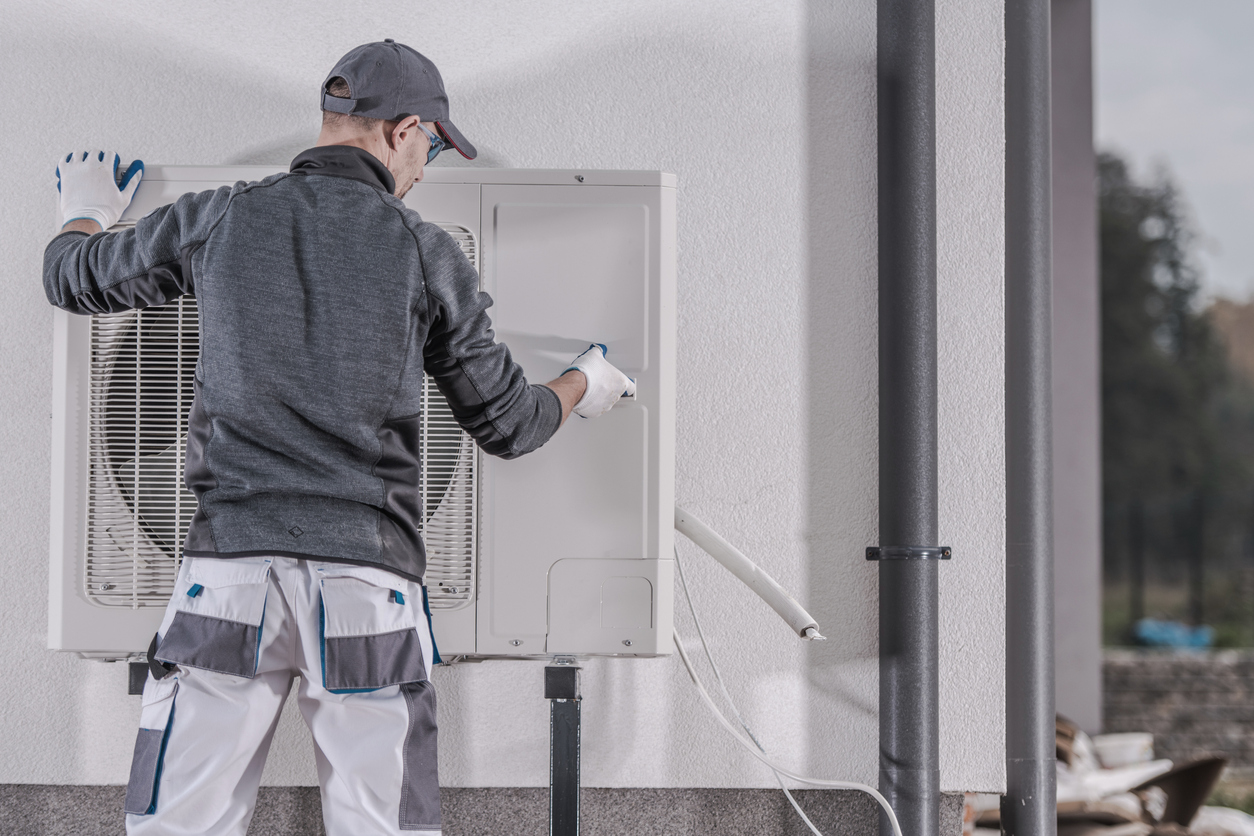When it comes to keeping your home comfortable, the choice between a heat pump and a traditional HVAC system can be crucial. Both options have their advantages and considerations. In this article, we’ll explore the characteristics of heat pumps and traditional HVAC systems, helping you determine which is the right fit for your home’s heating and cooling needs.
1. Understanding Modern Furnaces: Efficient Temperature Control
Heat transfer systems are versatile and provide both heating and cooling by transferring heat between indoor and outdoor air. Their efficiency lies in leveraging existing heat, making them eco-friendly and cost-effective.
2. Traditional HVAC Systems: Conventional Comfort Solutions
Traditional HVAC systems use a furnace for heating and an air conditioner for cooling. While proven and reliable, they operate using more energy than Modern HVAC systems, resulting in higher utility bills.
3. Energy Efficiency: The Heat Pump Advantage
Heat exchange pumps excel in energy efficiency, as they do not generate heat but transfer it. This makes them more cost-effective in moderate climates, providing consistent temperature control without significant energy consumption.
4. Initial Costs: Weighing Your Options
While thermal pumps may have higher upfront costs, the energy savings over time can offset this initial investment. Traditional HVAC systems may be more budget-friendly initially, but they can be less cost-effective in the long run.
5. Climate Considerations: Suitability for Your Region
Thermal pumps are ideal for moderate climates, where temperature fluctuations are not extreme. Traditional HVAC systems may be more suitable for areas with more severe weather patterns.
6. Maintenance and Longevity: Comparing the Lifespan
Heat exchange pumps generally require less maintenance with a longer lifespan compared to traditional HVAC systems. Regular checkups and filter changes contribute to their durability and reliability.
7. Eco-Friendliness: A Green Perspective
Thermo pumps are environmentally friendly, as they use electricity for heat transfer instead of burning fossil fuels. Traditional HVAC systems, relying on combustion for heating, have a larger carbon footprint.
In conclusion, the choice between Heat pumps and traditional HVAC systems depends on factors such as energy efficiency, upfront costs, climate considerations, and environmental impact. Assess your home’s specific needs to determine which system aligns best with your priorities for comfort, cost-effectiveness, and sustainability.
Elevate your home comfort with our experts at Hawk’s Services! Explore the differences between modern heat pumps and traditional HVAC systems. Discover the perfect fit for efficiency, cost-effectiveness, and sustainable living. Contact us at 507-226-9950 to make the right choice today!





